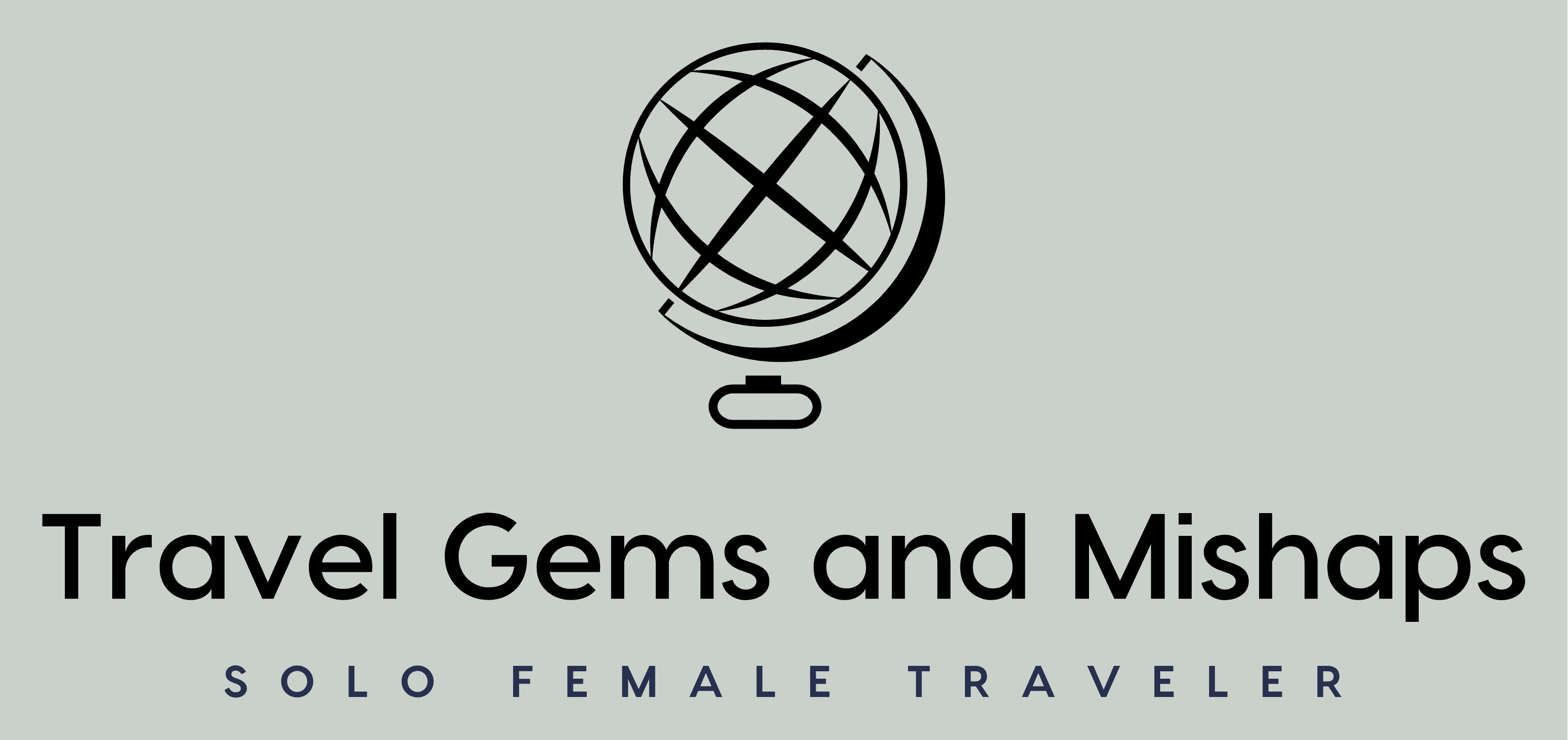This article was featured on an episode of Travelers Talks on Happylittletraveler.com. This is a great website by Sonia and Wojtek, please visit it as it contains some great information
Q. What travel fears did you have to overcome, especially at the beginning? How do you deal with them now?
I like to hike and go mountain climbing and have been to some amazing places. These include the Inca Trail, Kilimanjaro and Everest Base Camp. The biggest challenge about visiting these places is not been contactable. My greatest travel fear, is the fear of something happening at home and my family not being able to get in touch with me. Or something happens to me and a difficult call has to be made to my family.
I usually travel alone which can add risk to even the most mundane and routine tasks abroad. So going off to a remote location with a group of strangers always creates some panic with some of my family and friends.
However, I have had a few situations where I had to make or receive difficult calls and the distance makes everything worst.
Q. Do you still need to fight with your traveling fears or anxieties? Have they changed over the years? How do you deal with them now?
This fear hasn’t stopped me traveling. However, as parents get older the anxiety does increase. I do question if it’s fair to put them through the worry. Our communication channels have improved and changed so much, and with it the expectation to be permanently in touch. I went to work in the US on a student visa when I was 18 and I phoned my Parents after a week to let them know how I was getting on. I sent two letters and called to tell them my return flight details. I was away for 4 months. It’s funny really as I think the older I got and the more experienced I become as a traveller, their worry level increased.
Q. Based on your experience, share a piece(s) of advice on how to overcome travel fears and anxieties
I love to travel and am a bit of an adrenalin junkie ! Therefore, I don’t think I can change my behaviour too much in the foreseeable future. I’ll always be first in the queue to go paragliding, abseiling, zip lining etc. I love hiking in remote places and the thrill of reaching the summit.
I really just have two rules for myself. I always listen to the guides or coaches. I have been on several hikes where people don’t heed the advice to walk slowly for the first few days until they acclimatise. They take off like a train letting their competitiveness take over. Then they suffer from bad headaches or end up with severe altitude sickness and often have to leave the trail. I was kayaking in Peru a few years ago, when we capsized and I fell out of the boat and was submerged under it. Even through I was freezing cold and nervous, I could hear the trainers voice in my head “If you fall out, do not let go of the boat, it’s your lifejacket” and I managed to hold on. When I got my head above water I was the only person in a team of 5 who was still holding on and the lead (who didn’t fall out) helped me back in quickly. Some people were unable to hold on, which I understand completely. However, one person made the decision to let go and try and swim to the shore. He got into even more difficulties and actually put other people at risk trying to rescue him.
My other rule is always to purchase travel insurance and this is an area I urge all travellers to be cautious with. Always get travel insurance and read it carefully to ensure you are covered for the activities you want to participate in. I have had to get special insurance when hiking which offered air rescue coverage for example. Also, if something does happen and you need to claim insurance, follow all procedures. Notify them immediately and document every interaction you have with them. If you have a verbal conversation, either record it or document it afterwards and, send it to the person you spoke to requesting their confirmation that it is a factual record of the discussion.
A close family member had a very bad accident a few years ago when visiting me in the US. They had emergency brain surgery, spent 6 weeks in hospital and had extensive rehab. Thankfully they had insurance from their Irish Health Insurance which covered the emergency care and repatriation. They also had taken out an additional travel insurance policy. Despite them being a global provider, it was obvious from the start that they were going to be difficult to deal with. They ended up refusing to settle a large 6 figure sum, which quite frankly would have bankrupted the person if they had to pay it. Thankfully I had documented everything really well, but after 18 months I had to raise it with the Irish ombudsman but who looked at all the details. Thankfully they found in our favour and the insurance company had to pay all the costs. This was a very important lesson to me about the importance of having the insurance, documenting everything and of right as a policy holder to challenge their initial findings.
Travelling is a privilege and participating in different activities when abroad makes unique memories. My advice is listen to the experts and ensure you have insurance. Don’t let the fear of something happening curtail you, just take some precautions and enjoy !
